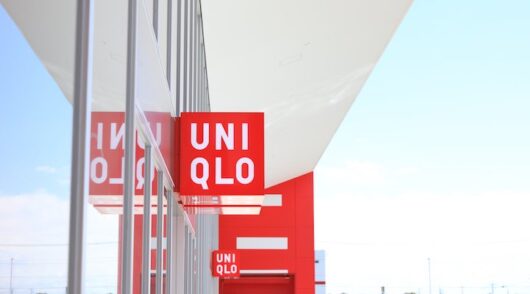Hong Kong shopping habits are among the most unhealthy in the world, a new Greenpeace survey reveals.
Hong Kong ranked top or second in 10 out of 12 indicators showing a tendency to spend excessively on material goods as well as an unhealthy reliance on shopping.
Greenpeace’s survey looked at the consumption habits of 5000 people in Hong Kong, Mainland China and Taiwan, as well as Germany and Italy, from the end of last year to early this year.
Hong Kong topped several indicators, such as admitting they owned more clothes than they needed, and that they had previously tried to hide their spending sprees.
The survey found that 53 per cent of 1000 polled Hongkongers had clothes that were still tagged, compared with 51 per cent on the mainland and 40 per cent in Taiwan.
“It’s nothing new that Hong Kong people are addicted to shopping, but we didn’t think Hong Kong would rank as one of the top in the world,” says Greenpeace campaigner Bonnie Tang Man-lam.
While the survey did not touch on the reasons for Hong Kong shoppers scoring so high, Tang says the city’s values and way of life centre on consumerism.
Mainland Chinese were neck and neck with their Hong Kong counterparts in most of the indicators. In fact, there were only two indicators for which neither Hong Kong nor the mainland came out on top.
About 41 per cent of Italians polled felt empty, bored or lost when they did not shop, compared with 37 per cent in Hong Kong and 31 per cent in China. Also, about 65 per cent of those polled in Germany and Italy felt their satisfaction from shopping disappearing within a day while only 59 per cent of Hongkongers felt the same.
“These Hongkongers said their feelings of satisfaction from shopping lasted only a day, and they would then shop again just to fill that empty void,” says Tang. “The more they shop, the lonelier they become.”
Meanwhile, official figures show that 110,000 tonnes of textile waste were sent to landfills in 2015, and only 4 per cent of such waste was recycled. “That’s equivalent to 1400 t-shirts being thrown out every minute,” says Tang.
Greenpeace says the results show it is time for Hong Kong people to reflect carefully on their shopping habits and differentiate what they need from what they want.






